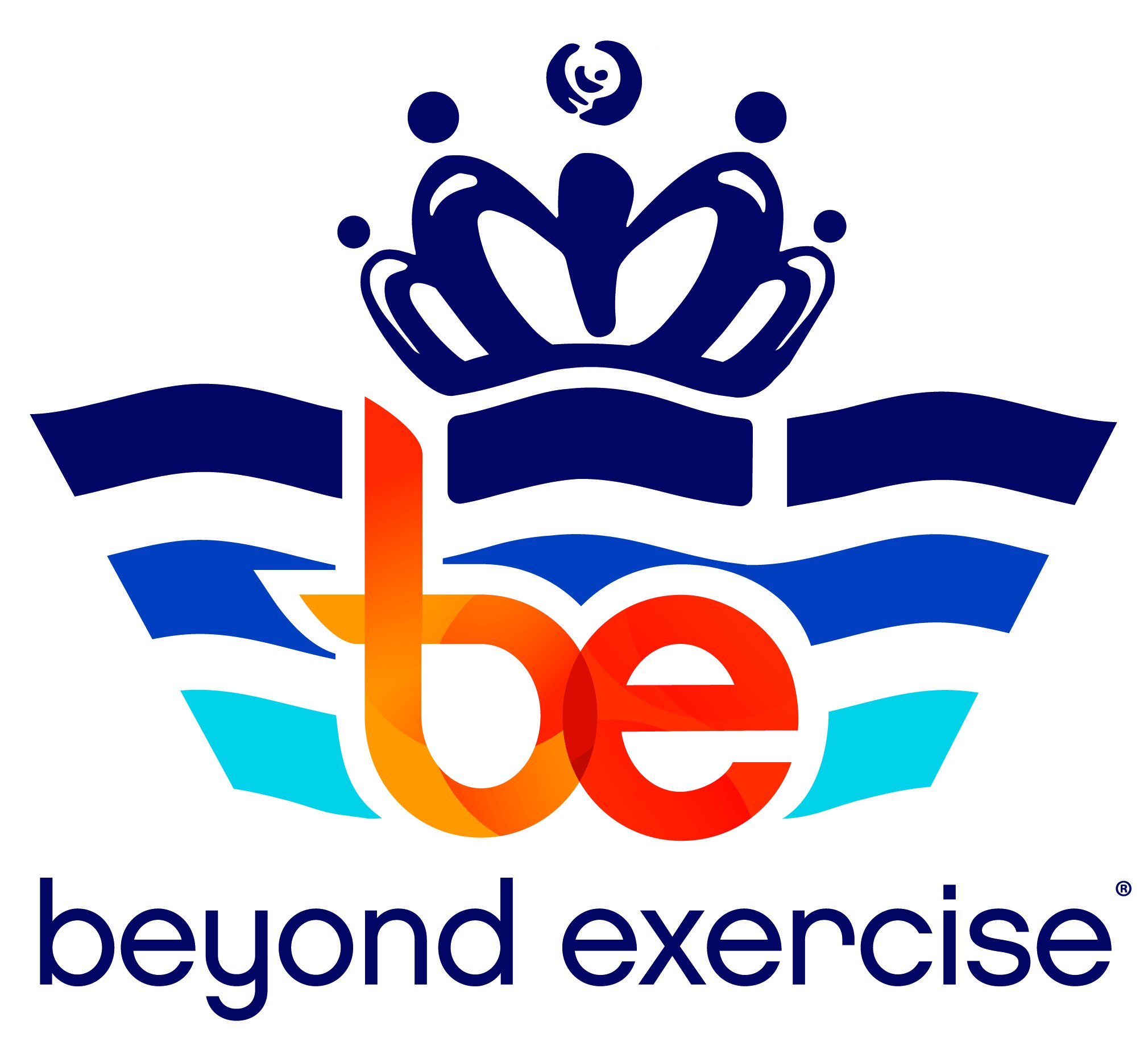Nutrition & Hydration Considerations When Training In The Cold
by Alyssa Blanchett, RD, LDN
Training in the winter can present some pretty unique challenges—finding the proper attire to help you stay warm and staying safe in the dark and cold are some of the major concerns. But what about food and nutrition? It’s certainly true that what you eat and drink both before and during your cold-weather exercise can have an impact on your performance. Maintaining proper nutrition during our winter training season helps us to manage our core temperature. It’s easy to do this in the summer because our body will naturally begin to sweat, helping us to regulate our temperature and get rid of excess heat. In the winter though, our body needs to generate more heat in order to keep us warm. Food provides us with the fuel we need to generate this heat and help us to endure the cold weather conditions for prolonged periods of time.
The rest of this blog is meant to address some common questions and concerns that athletes have about nutrition in cold weather conditions so that you have the info you need to perform your best during the upcoming training season!
Why do I feel hungrier during the winter training season compared to the summer?
Cold temperatures result in a drop in our core body temperature, and this can stimulate appetite. This is a way of our body looking out for us because the act of eating generates heat and causes our body temperature to rise. This warming effect of food is called “thermogenesis”. It serves as a way to increase our metabolism to provide fuel while also generating heat to keep us warm!
Am I burning more calories in the winter?
The short answer to this question is, no. The cold weather itself does not cause us to burn more calories when we exercise. However, you do burn extra calories when you get so cold that you begin to shiver. Our bodies also use energy to warm and humidify the air that we breathe while exercising. However, if you are dressed properly for the cold weather it is unlikely that you will burn many more calories than you would in warm weather conditions. You may have some increase in overall calories burned, but this will likely be minimal and have no impact on your nutritional needs.
What happens when I start to shiver?
Shivering is our body’s natural way of generating heat when we become extremely chilled. Before you get to this point, you’ll likely feel yourself starting to jump around or shift from foot to foot in an effort to keep warm. When your body temperature continues to drop, shivering is the solution. This involuntary muscle contraction is rapid and requires a lot of energy. It can quickly deplete our muscle glycogen stores (which we use to fuel our endurance exercise), and this can cause us to quickly feel drained of energy. This is why it is so important to dress properly and keep some extra food on hand during endurance exercise in cold-weather conditions. The emergency food can help to provide some much needed energy, and the act of eating will help warm the body too!
What is the biggest nutritional concern for cold weather training?
One of the biggest pieces of nutrition advice that gets overlooked during winter exercise is drinking enough fluids. The cold weather diminishes feelings of thirst, so it requires you to actively remember to drink. And while you might not be sweating quite so much during your cold-weather exercise, you do lose a significant amount of water from breathing. The cold, dry air that we breathe in is warmed and humidified once it enters the body. As we breathe out, significant amounts of water are lost (think about when you “see” your breath- this is water in the form of steam). Don’t skimp out on water simply because you don’t “feel” thirsty. You can easily become dehydrated, and consequently hurt your performance, if you do not drink an adequate amount of fluid.
What should I eat after my cold-weather workout?
It’s best to choose warm foods and drinks when you finish up your cold-weather exercise because this will help your body to heat back up! Warm carbohydrates are your best choice and includes things like hot chocolate, hot cider, soups, chilis, oatmeal, or pasta dishes. The heat of the food combined with the thermogenic effect of eating will help your body to warm up quickly and recover faster. Avoid cold or chilled foods, as these will continue to chill your body. Save these foods for the summertime, when this cooling effect is beneficial. But while the cold weather lasts, bring out the big bowls of soup and mugs of hot chocolate!

